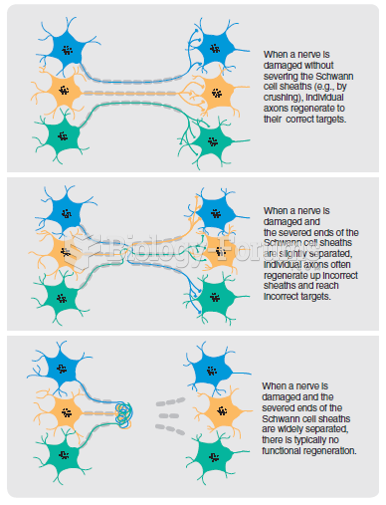This topic contains a solution. Click here to go to the answer
|
|
|
Did you know?
The average human gut is home to perhaps 500 to 1,000 different species of bacteria.
Did you know?
Intradermal injections are somewhat difficult to correctly administer because the skin layers are so thin that it is easy to accidentally punch through to the deeper subcutaneous layer.
Did you know?
Approximately 25% of all reported medication errors result from some kind of name confusion.
Did you know?
The average office desk has 400 times more bacteria on it than a toilet.
Did you know?
On average, someone in the United States has a stroke about every 40 seconds. This is about 795,000 people per year.







